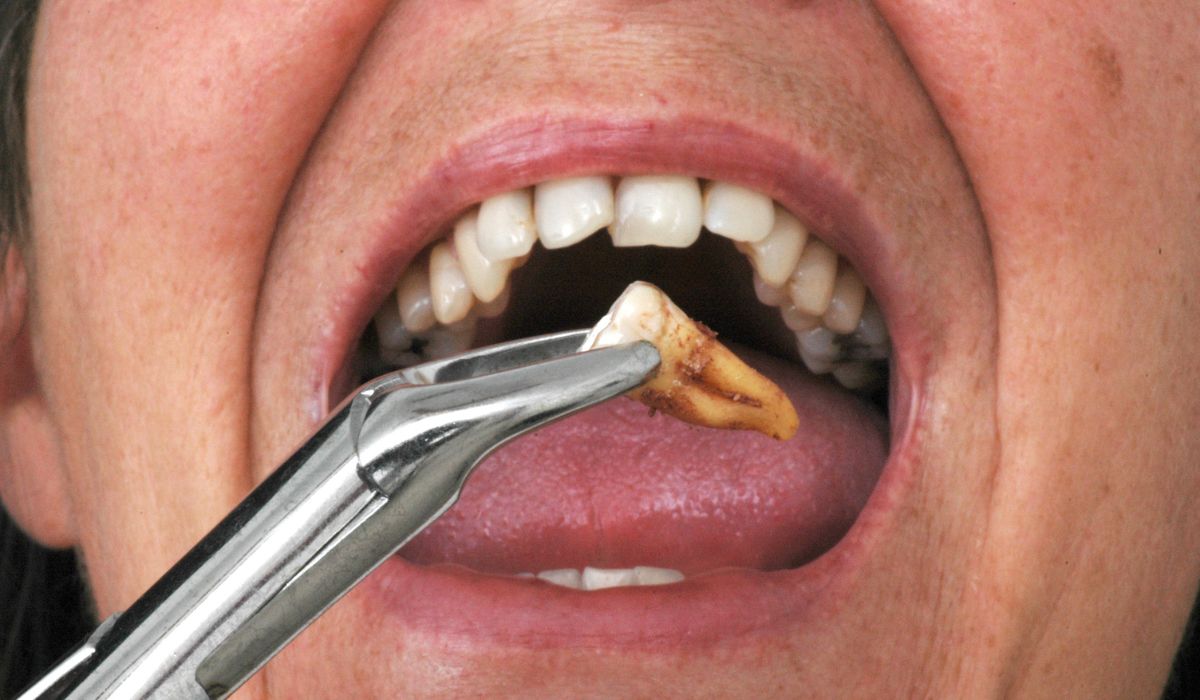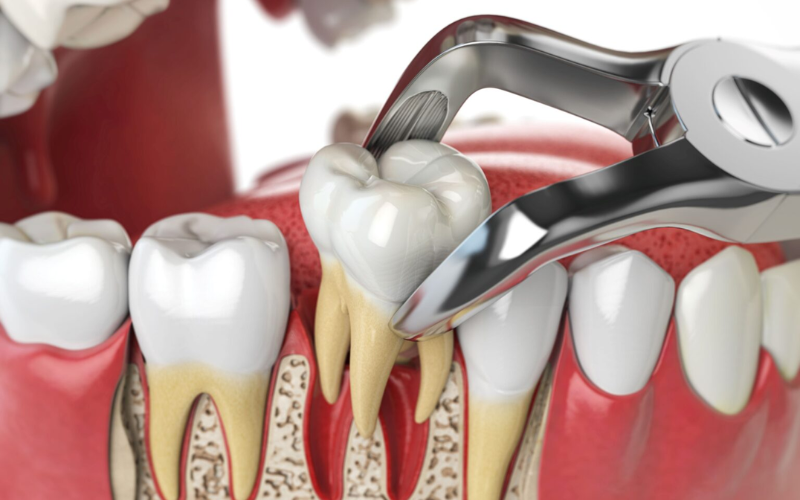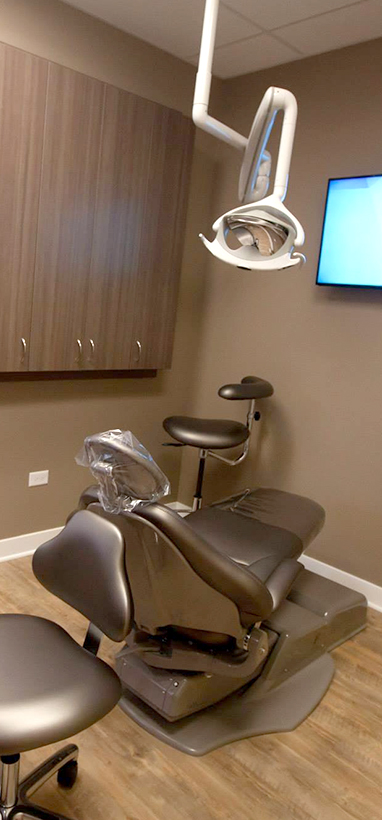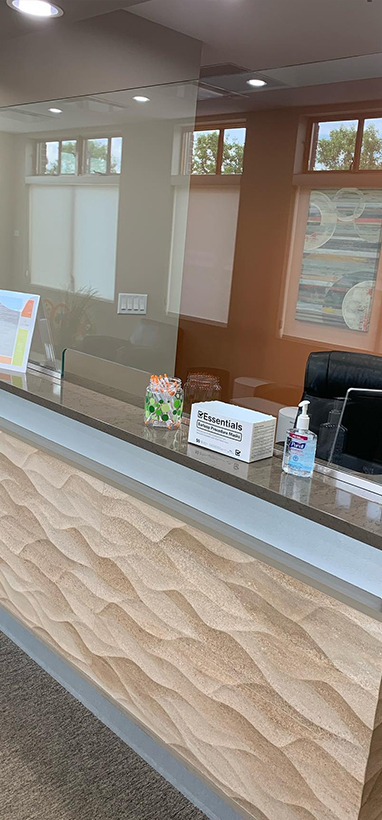1516 Legacy Cir, Naperville, IL 60563
Painless Farewell: Gentle Tooth Extraction for a Healthier Smile
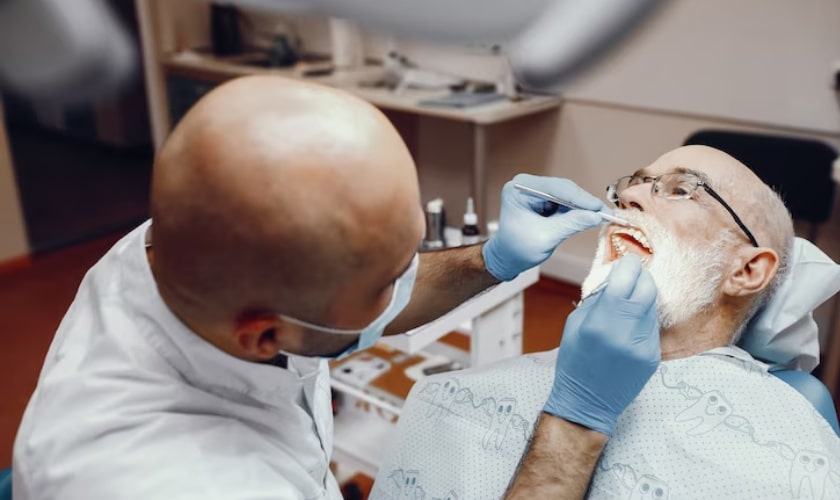
Maintaining a healthy smile is essential for both our oral health and overall well-being. While we all strive to preserve our natural teeth, certain dental issues may arise that necessitate tooth extraction. Tooth extraction is a dental procedure that may sound intimidating, but with modern techniques and advancements in dentistry, it can be a painless and essential step towards maintaining a healthier smile. In this article, we will explore the process of tooth extraction, reasons why it may be necessary, and how dentists in Naperville, IL, ensure a gentle experience to alleviate any concerns or fears.
Understanding Tooth Extraction:
Tooth extraction is the removal of a tooth from its socket in the jawbone. While dentists strive to preserve natural teeth, there are instances when extraction becomes necessary:
- Severe Tooth Decay: When a tooth is extensively decayed and cannot be restored with fillings or root canal treatment, extraction may be the best option to prevent further infection and damage to surrounding teeth.
- Gum Disease: Advanced periodontal disease can cause teeth to become loose or shift, affecting the overall stability of the dental arch. In such cases, extraction may be necessary to maintain oral health.
- Impacted Wisdom Teeth: Wisdom teeth, also known as third molars, often do not have enough space to emerge properly. This can lead to pain, infection, and potential damage to adjacent teeth, necessitating their extraction.
The Tooth Extraction Process:
Although the thought of this procedure may be daunting, modern dental techniques and anesthesia ensure a painless and comfortable experience. Here are the key steps involved:
- Examination and X-rays: The dentist will conduct a thorough examination of the affected tooth and surrounding area, often accompanied by dental X-rays to determine the best approach for extraction.
- Anesthesia Administration: Local anesthesia is administered to numb the area around the tooth being extracted. This ensures that you feel no pain during the procedure. In some cases, sedation or general anesthesia may be used for complex extractions or anxious patients.
- Tooth Removal: The dentist will carefully loosen the tooth using specialized instruments and gently extract it from the socket. In certain cases, a small incision in the gum tissue may be necessary to facilitate the removal.
- Post-Extraction Care: After the tooth is removed, the dentist may place a gauze pad over the socket to control bleeding. They will provide instructions on how to care for the extraction site, including proper oral hygiene practices and any necessary pain management.
Ensuring a Gentle Experience
Dentists in Naperville, IL, prioritize patient comfort and employ various techniques to ensure a painless and gentle tooth extraction:
- Advanced Anesthesia: Local anesthesia effectively numbs the extraction area, ensuring a pain-free procedure. Dentists may also offer additional sedation options to help patients relax during the process.
- Expertise and Precision: Dentists are highly trained in tooth extraction techniques and use specialized instruments to minimize trauma to surrounding tissues, resulting in a smoother and more comfortable experience.
- Post-Extraction Care: Dentists provide comprehensive instructions on post-extraction care, including pain management and proper oral hygiene practices. This helps promote healing and minimizes any discomfort or complications.
FAQs about Tooth Extraction
1. Is tooth extraction painful?
Modern dental techniques and anesthesia ensure that it is typically a painless procedure. Your dentist will administer local anesthesia to numb the area and may offer additional sedation options to keep you comfortable throughout the process.
2. How long does it take to recover from a this procedure?
The recovery time can vary depending on the complexity of the extraction and individual healing abilities. Generally, it takes about 1-2 weeks to fully recover. Your dentist will provide post-extraction care instructions to promote healing and alleviate any discomfort.
3. Are there any complications associated with tooth extraction?
While tooth extraction in Naperville is a routine procedure, there can be potential complications such as dry socket, infection, or excessive bleeding. However, these complications are rare and can be prevented or treated with proper post-operative care and regular follow-ups with your dentist.
4. Can I eat normally after a my tooth is extracted?
Immediately after the extraction, it’s recommended to stick to soft foods and avoid chewing on the extraction site. As you heal, you can gradually introduce a more varied diet, but it’s important to follow your dentist’s instructions and avoid hard, sticky, or crunchy foods that may disrupt the healing process.
5. Will I need a replacement for the extracted tooth?
Depending on the location and function of the extracted tooth, your dentist may recommend a replacement option such as a dental implant, bridge, or denture. It’s important to discuss tooth replacement options with your dentist to maintain proper dental function and aesthetics.
Gentle tooth extraction is a vital dental procedure that can pave the way for a healthier smile. When faced with dental issues that require extraction, it is crucial to seek the services of a skilled and compassionate dental team. Tooth extraction, though it may seem daunting, can be a painless and necessary procedure to maintain oral health. With the use of advanced techniques and anesthesia, dentists ensure a gentle experience for their patients. If you are facing the possibility of tooth extraction, rest assured that modern dentistry prioritizes your comfort and aims to make the process as painless as possible. However, tooth extraction aftercare is a must for speedy recovery. Remember, a healthier smile awaits you on the other side of this important dental step.



